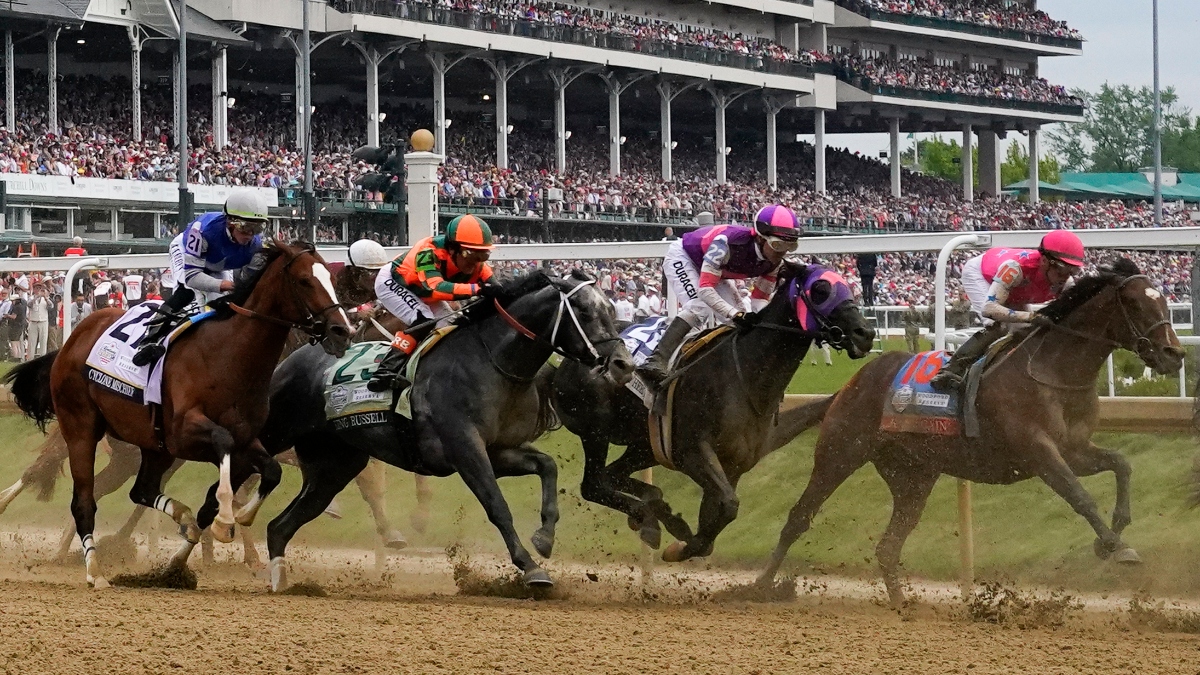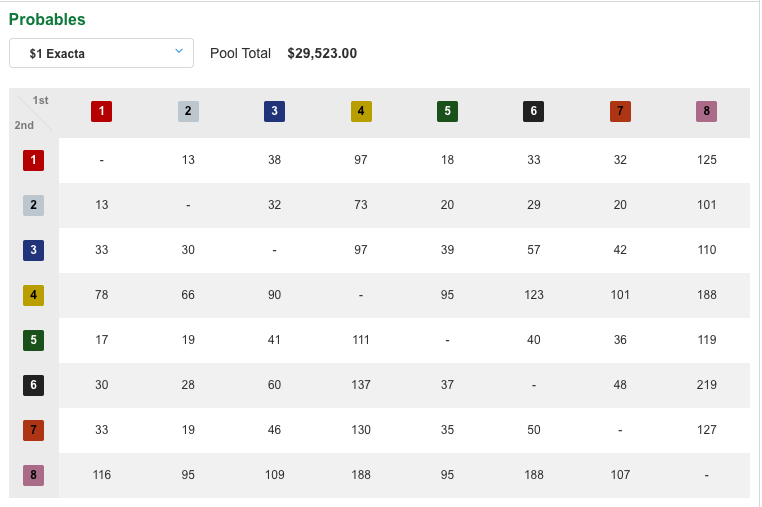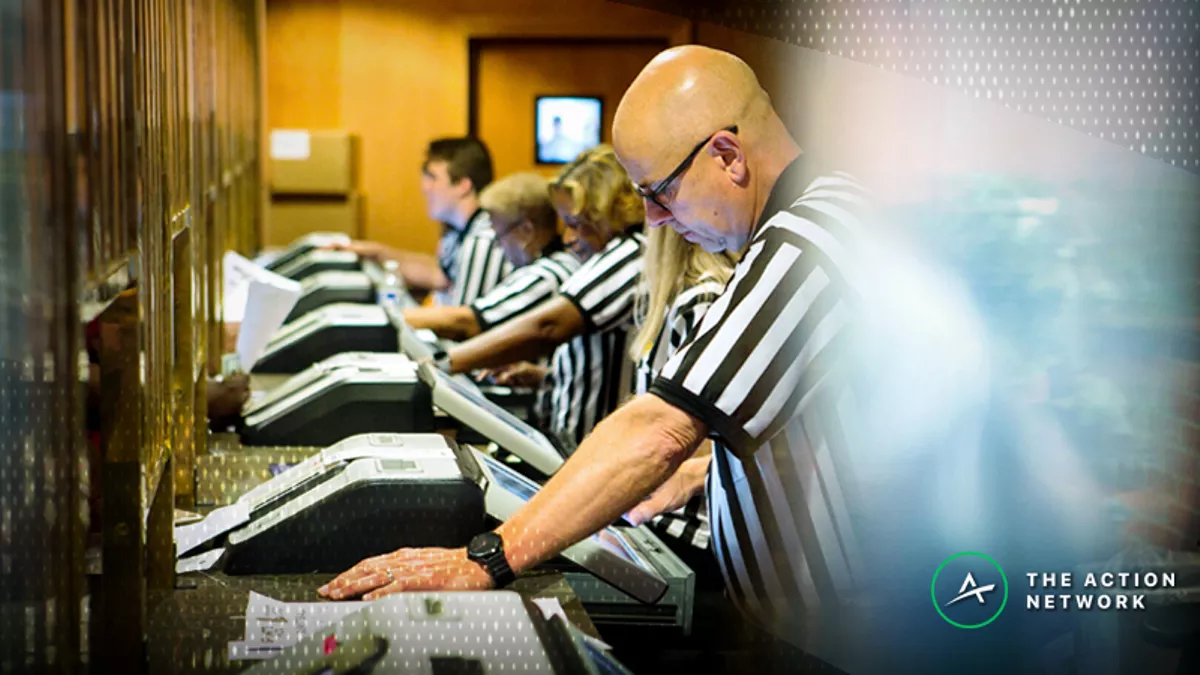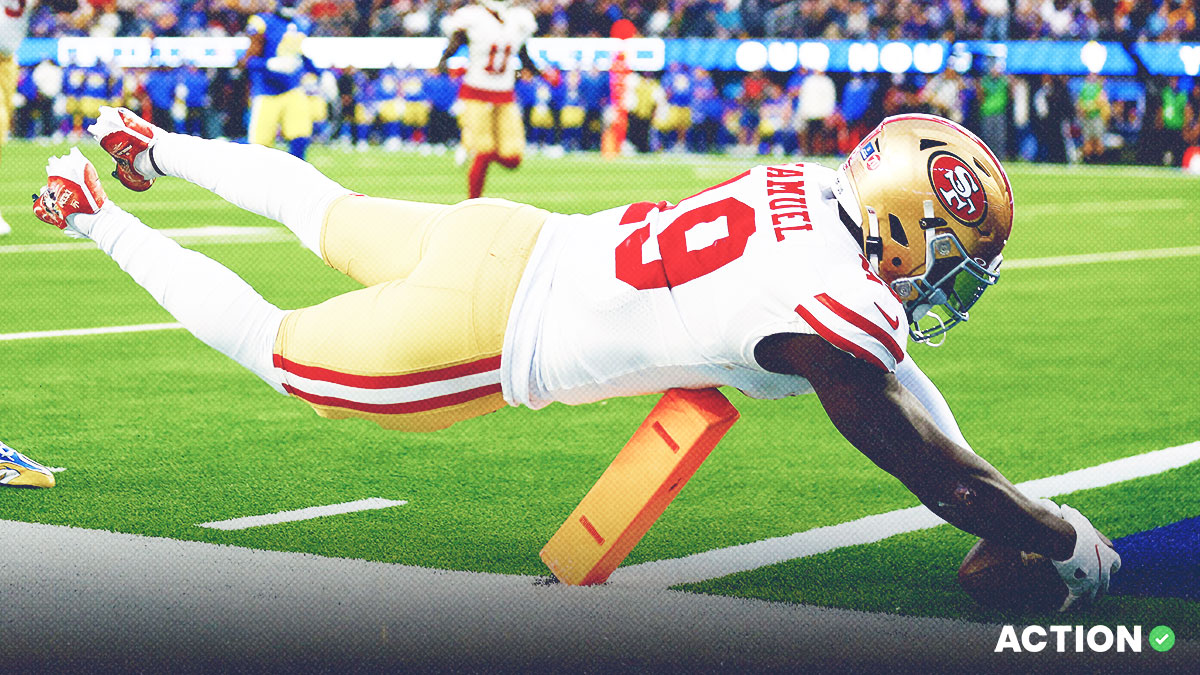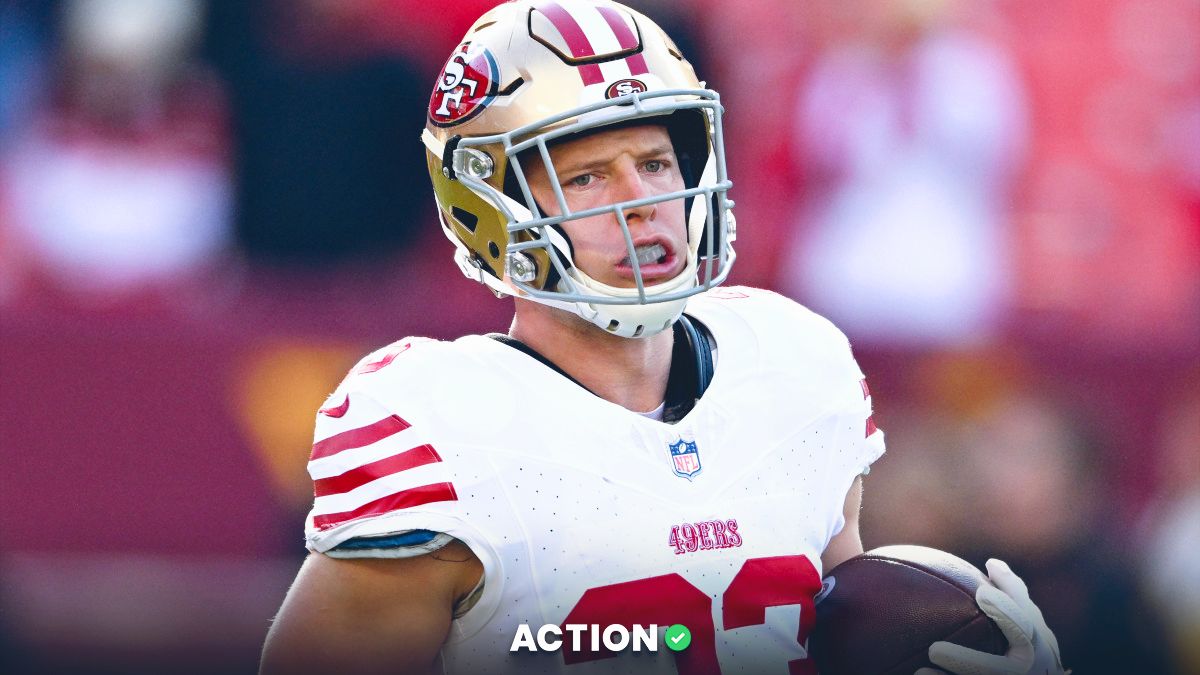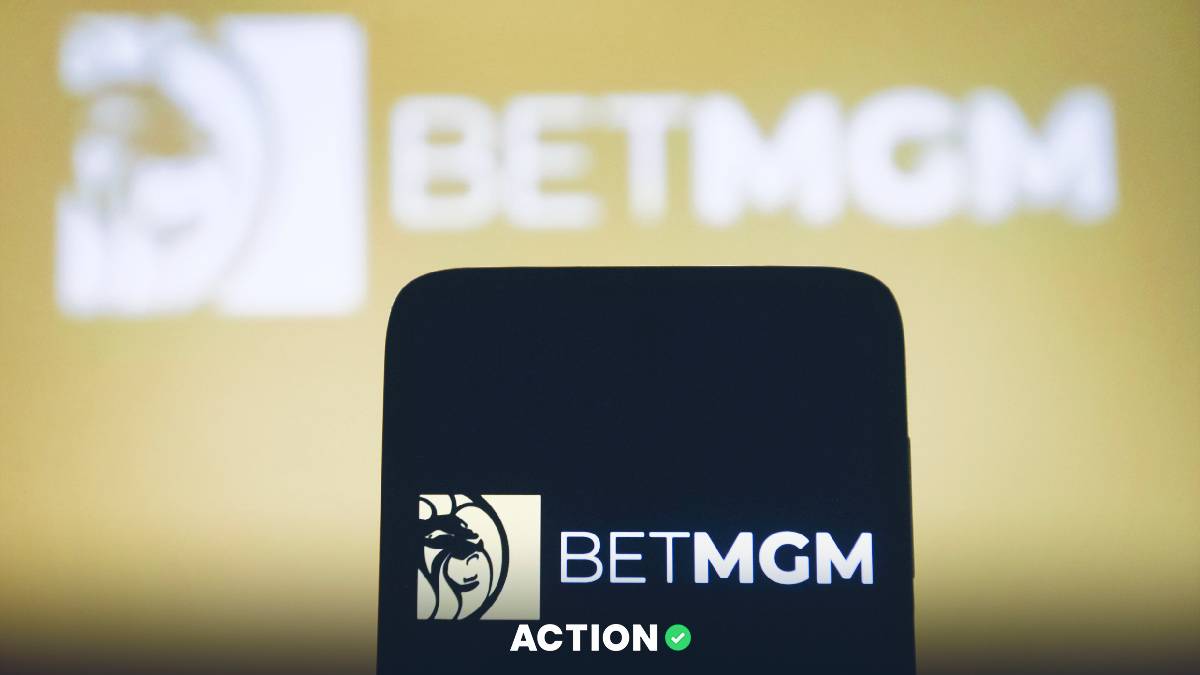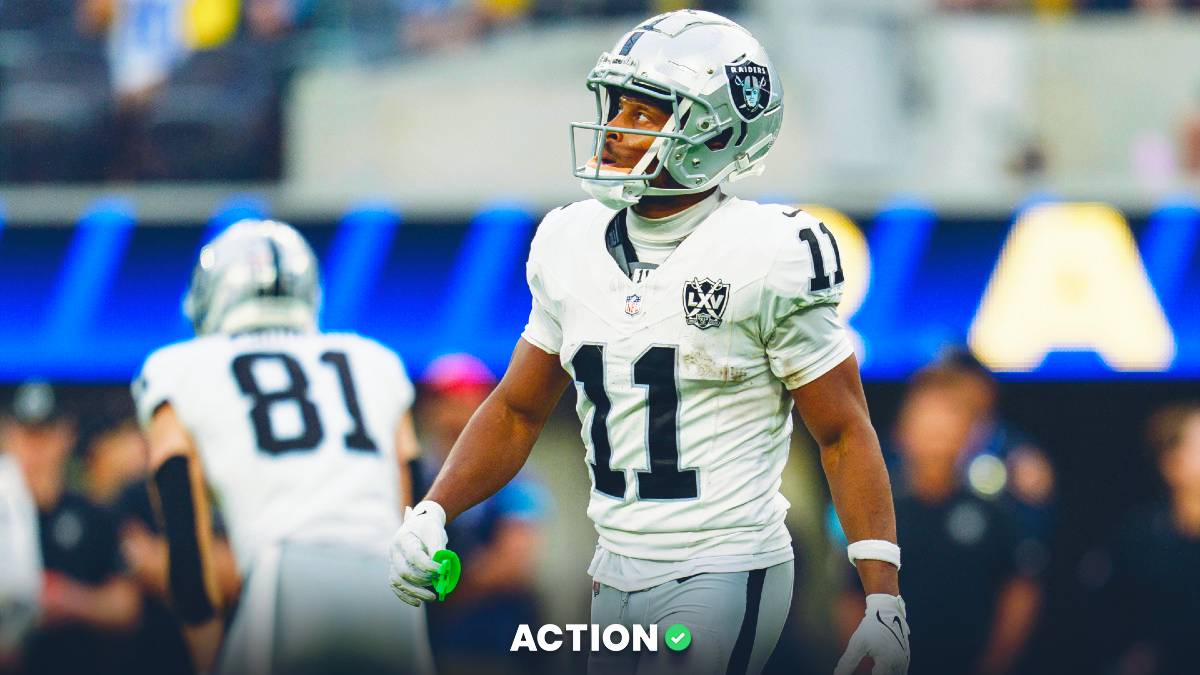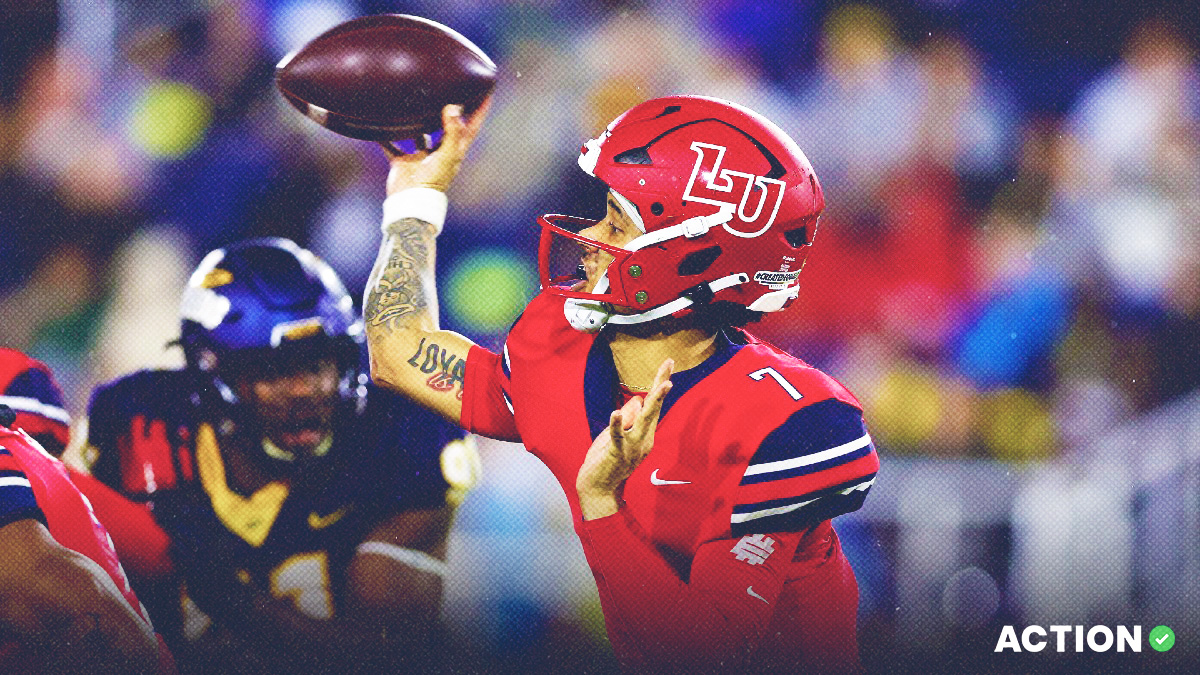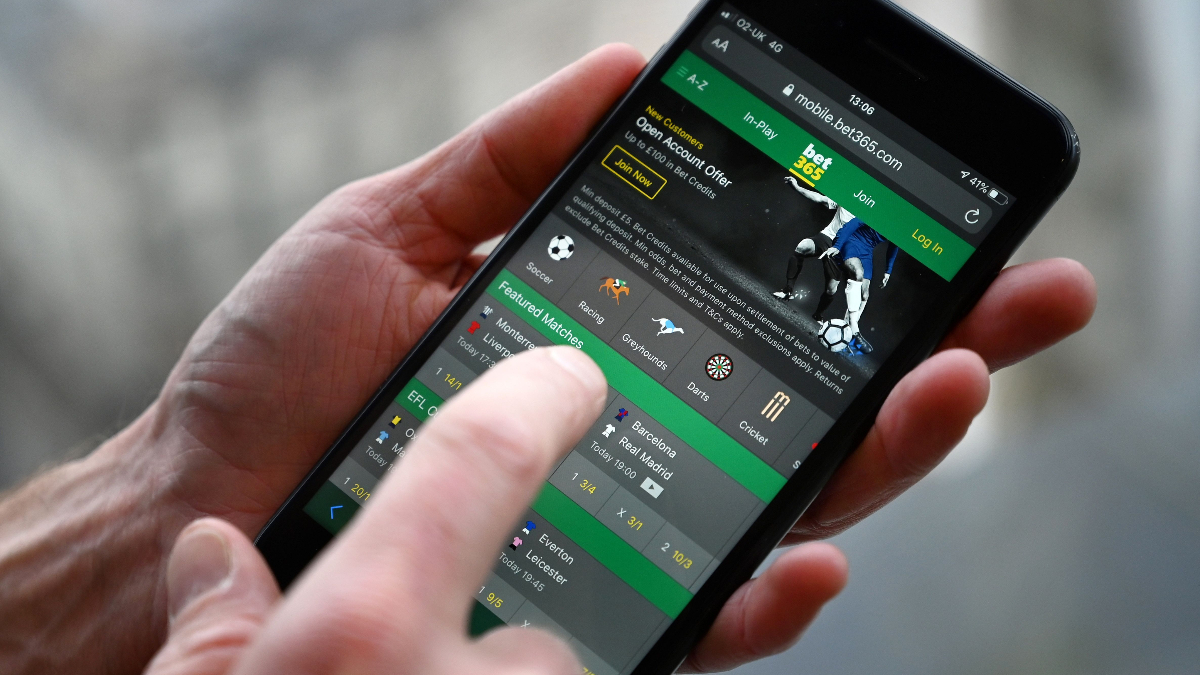Before same game parlays, horse racing was the ultimate "risk a little, win a lot" sport for American bettors.
But how do the payouts actually work when betting exacta, trifecta and superfecta exotic wagers? You've probably noticed that your horse betting app doesn't show you the payout for these bets like a sportsbook would.
That's because horse racing uses a pari-mutuel betting system, meaning both the odds and payouts are determined directly by how much money is wagered on each horse, not by a bookmaker. You're betting against other bettors, not "the house" like in sports betting. And the odds will change even after you've placed the bet.
Each wager placed on a race goes into a pool, with different pools per bet type. And the money in the pool is not restricted to just the app you're betting on — it's an aggregate of everyone betting in North America.
The payouts are then issued by:
- How many people had the winning ticket
- How much money was in the pool
- The cut the track/betting app takes
You also won't know the final prize pool until the race starts, because other bettors are still wagering and changing the prize pools, so the betting platform can't calculate any kind of payout when you place your bet. You have to wait patiently until the final results.
How Exotic Payouts Work: Exacta Example
Take this example, with very round numbers for simplicity:
- 1,000, $1 exacta tickets are placed on a race
- That means there's $1,000 in the exacta pool.
- Only 10 people had the winning exacta ticket — they'd receive an equal share of the $1,000 prize pool.
- So each of those $1 bets would pay $100, minus the cut the track takes (it varies by track, but depending on the bet type is can be 15-20%).
Now, no race will ever be this simple. If you bet $5 on your exacta and five other winners bet just $1 each, you'd get half the prize pool.
Can I Calculate My Own Payouts?
Calculating horse racing payouts on your own is complex (or impossible in some cases), especially as the wagers get more complicated. You can generally expect longshots to not be used much in exacta combinations, meaning your payout will be greater since you're sharing less of the prizepool with the other winners since no one used that horse.
On most horse racing apps, you can see the money in the pool and calculate potential winnings. The problem is that the odds and money are always changing, and the betting volume spikes in the minutes leading up to the race, so you may not get an accurate picture.
In this grid, the top row represents the first-place horse and the left column is the second-place horse. So in this example, there's $97 total on the 4-1 combination.
What About Trifectas & Superfectas?
These bet types work the same, but they have a separate pool. So if you're betting on trifectas (picking the correct three horses) you're not competing against anyone who bet an exacta. Same with a superfecta, which is the top four horses.
There are also different pools for "win" bets and more exotic bet types, like Daily Doubles and Pick 3.
Does Anything Change if I'm using a Box?
A box is like a round robin in sports betting — you're betting every possible combination of your exacta or trifecta wager, but you pay for each. You're just making a bunch of different bets at once.
If you make a trifecta box on horses 2, 5 and 7, you're just making six bets:
- 2-5-7 finishing order
- 2-7-5
- 7-2-5
- 7-5-2
- 5-2-7
- 5-7-2
So let's return to a similar, previous example:
- 1,000, $1 trifecta tickets are placed on a race.
- You placed a trifecta box with $1 on each bet, which is really just six different trifecta bets, so you put $6 into the pool.
- One of your combinations wins, along with nine winning $1 tickets, so you'd all split the $1,000 (about $100 each, minus the track's cut).


